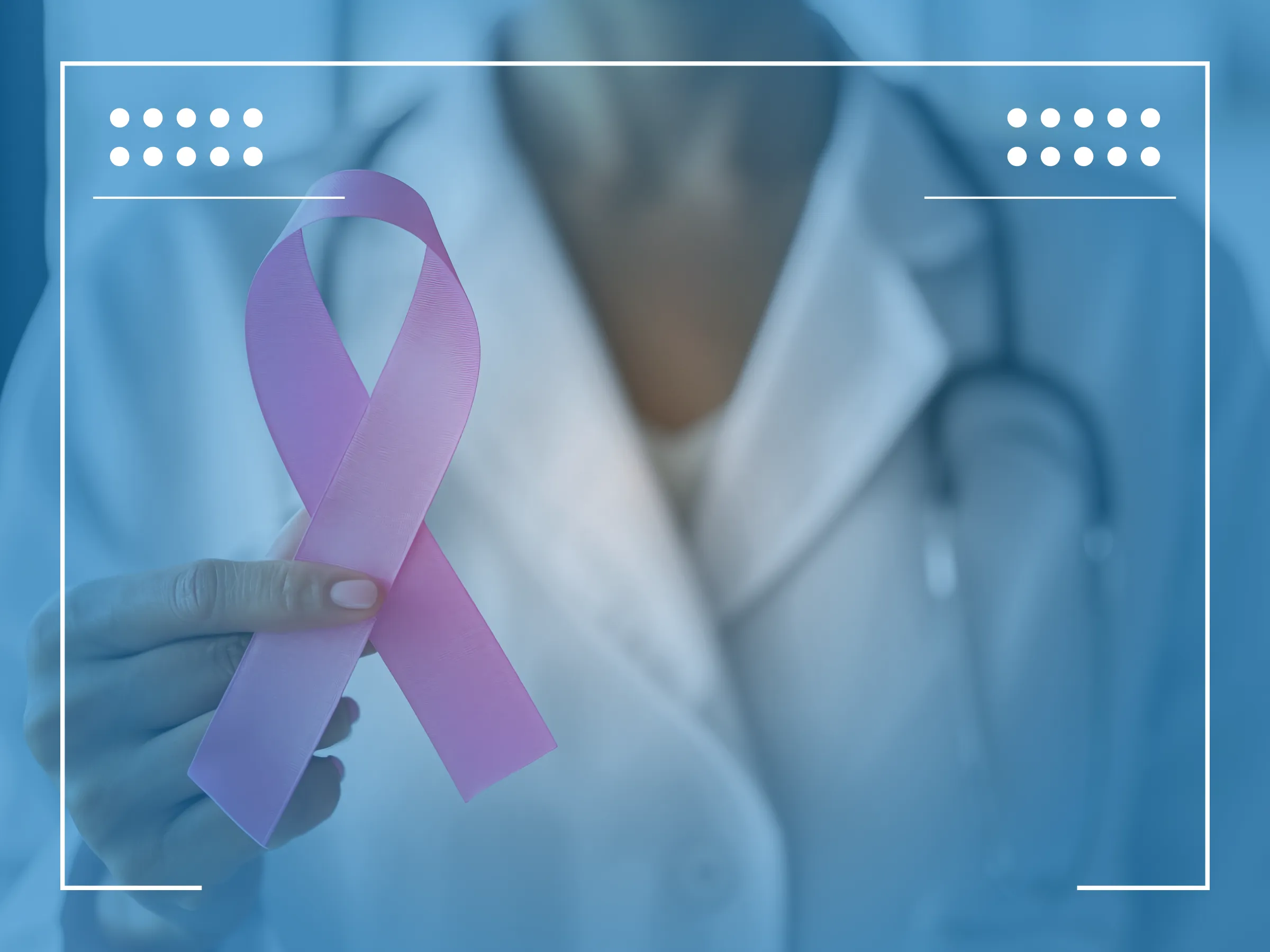HER2 negative breast cancer is a type of cancer where the human epidermal growth factor receptor 2 is not overexpressed on the cell surface. This characteristic significantly influences the biology of the disease and its response to treatment. This type breast cancer is often more responsive to hormonal therapies, and chemotherapy options also play a crucial role in the treatment process. Treatment strategies are personalized based on the tumor’s hormonal receptor status and other molecular features.
HER2 negative breast cancer generally responds better to treatment when detected at an early stage. In the early stages, this type of cancer can be effectively managed through a combination of surgical intervention, radiotherapy, and adjuvant chemotherapy. Treatment outcomes depend on various factors, including the tumor’s size, grade, and whether it has spread to lymph nodes or other parts of the body. The multidisciplinary team approach, involving oncologists, surgeons, and radiologists, ensures that the patient receives comprehensive care tailored to their specific needs.
What Type of Breast Cancer is HER2-Negative?
HER2-negative breast cancer refers to a type of breast cancer where the HER2 gene does not produce excess HER2 proteins on the surface of cancer cells. This characteristic significantly influences the cancer’s behavior and response to treatment. Unlike HER2-positive breast cancer, which is driven by the overexpression of the HER2 protein, HER2-negative cancers are typically not as aggressive. However, the presence or absence of other biomarkers, such as the estrogen receptor (ER), can further define the treatment approach and prognosis.
Factors Influencing Treatment and Prognosis
- Survival outcomes for breast cancer HER2-negative patients vary widely depending on several factors. These include tumor grade, stage at diagnosis, and whether the cancer has metastasized.
- HER2 negative cancers are generally more responsive to hormone therapies if they are also estrogen receptor positive.
- The use of biomarkers is essential in determining the most effective treatment approach for HER2-negative breast cancer.
HER2-negative breast cancer often poses the question, “Is it better to have HER2-positive or negative breast cancer?” The answer is not straightforward, as both types have distinct challenges and treatment pathways. These two types of cancer have different structures and treatment options.
In conclusion, breast cancer HER2 negative is a complex diagnosis with various subtypes and treatment considerations. Advances in understanding HER2 low expression and the role of biomarkers continue to refine treatment strategies, offering hope for improved survival in both early-stage and metastatic breast cancer cases.
Is HER2-Negative Breast Cancer Curable?
HER2-negative breast cancer is considered curable, especially when detected and treated early. While the absence of the HER2/neu positive protein limits the use of certain targeted therapies, effective treatment options still exist. The course of treatment depends on various factors, such as whether the cancer is ER positive or ER PR positive, and the overall characteristics of the tumor. For those wondering, “Is chemo necessary for HER2-negative?”, the answer is that it depends on the specific case. Chemotherapy may be recommended, particularly for Triple Negative Breast Cancer (TNBC), a subtype of HER2-negative cancer known for its more aggressive nature.
Treatment options for HER2-negative breast cancer:
- Hormone Therapy: Particularly effective for cancers that are ER positive or ER PR positive.
- Chemotherapy: Often used for Triple Negative Breast Cancer (TNBC) or when other high-risk features are present.
- Radiation Therapy: Used after surgery to eliminate any remaining cancer cells.
- Surgery: A primary treatment to remove the tumor.
- Participation in Clinical Trials: Exploring new treatments that may be particularly beneficial for HER2-negative cancers.
It’s important to note that while HER2 breast cancer negative may not have the same targeted therapy options as HER2-positive cancers, the combination of the above treatments can lead to successful outcomes. The specific treatment plan is often guided by the breast cancer ICD-10 codes, which help clinicians tailor the approach based on the cancer’s characteristics.
